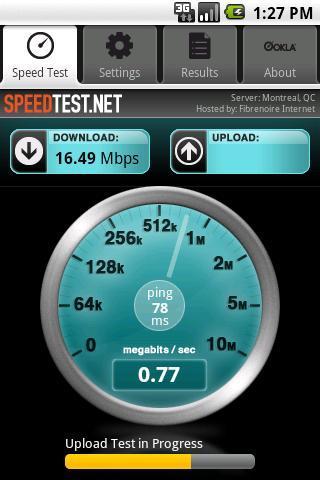
When it comes to the mobile market, there are plenty of things to debate. Probably more than one can count on both hands. And while there’s plenty to discuss about our smartphones in general, there’s also worthy topics when it comes to the applications we use on those smartphones. Which platform has the better apps? Which platform is just copying the other? What I find interesting, though, is the conversation about form versus function, and how it relates to the applications we use every day. More accurately, how the Android applications compare to their iOS-based brethren, and if it matters how one looks compared to another.
To some, this argument may not even be worth the time. In truth, there are several different ways to come at the “form versus function” argument, and how you end up is completely up to your personal beliefs and desires. But, when you usually throw out this argument, it’s to point out the fact that, traditionally, the “pretty” thing doesn’t work as well as the “functional” thing. So, spending the extra money to get your hands on the pretty thing may not make sense to someone who just wants it to work, and work well.

But, that particular argument doesn’t work when you are comparing the applications available on Android and iOS. There’s no saying, “Well, the Android app works better than the iOS version.” And, in all honesty, while there are some exceptions out there, for the most part the Android applications work just as well as the apps available on iOS. If we’re looking at apps like SpeedTest.net (which is pictured for both Android and iOS in this article), both apps work the same on both platforms, they just look drastically different.
It’s when we get into the games that the differences are noticeable, and we can start saying that one version works better, or is more complete, than what’s available on another platform. But, for the sake of this article, we won’t include games. And there are some apps we can’t even include, like Facebook. Because the iOS version does look more polished, and it even has more functionality than what’s available on the Android platform. That would throw a wrench into the argument entirely.
Or does it? In the case of applications, does the form versus function argument even matter? For me, while I used to think it didn’t, that’s changed. Because the truth is, if I have an application that works just as well on one platform as it does on another, but I can have it look shiny and interesting, I’ll pick the shiny and interesting app. And I’ll do it every time, too. Truth be told, even if the Facebook app for iOS had fewer features than the Android version, I would use it, just because it looks better.
But, what about you? Does the form versus function argument make any difference to you? Do polished applications even compare to apps that look less developed? Or are you someone who prefers to get their hands on an app, no matter the mobile operating system, because you’re a fan of the OS in question and not the apps available? Let me know in the comments below.